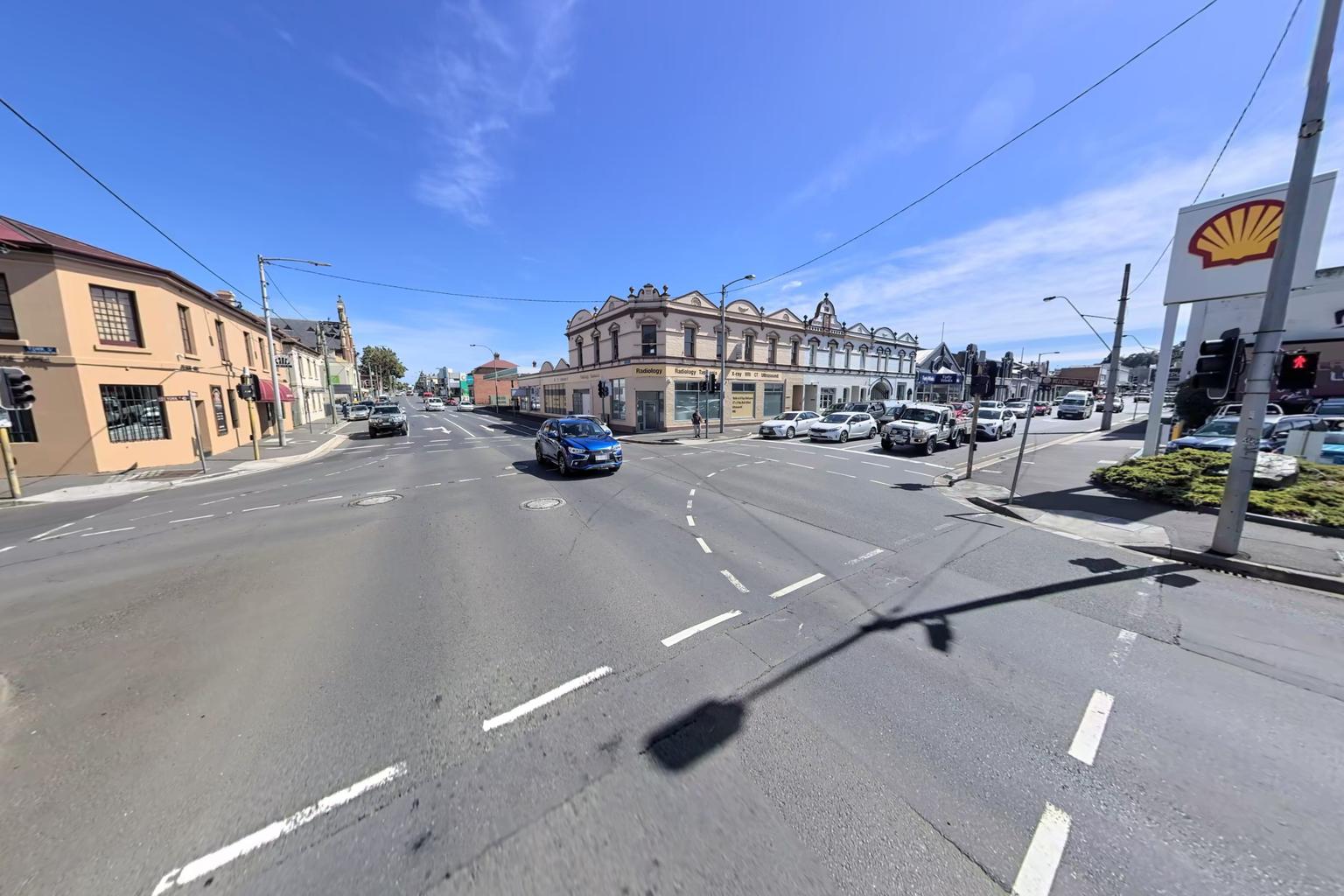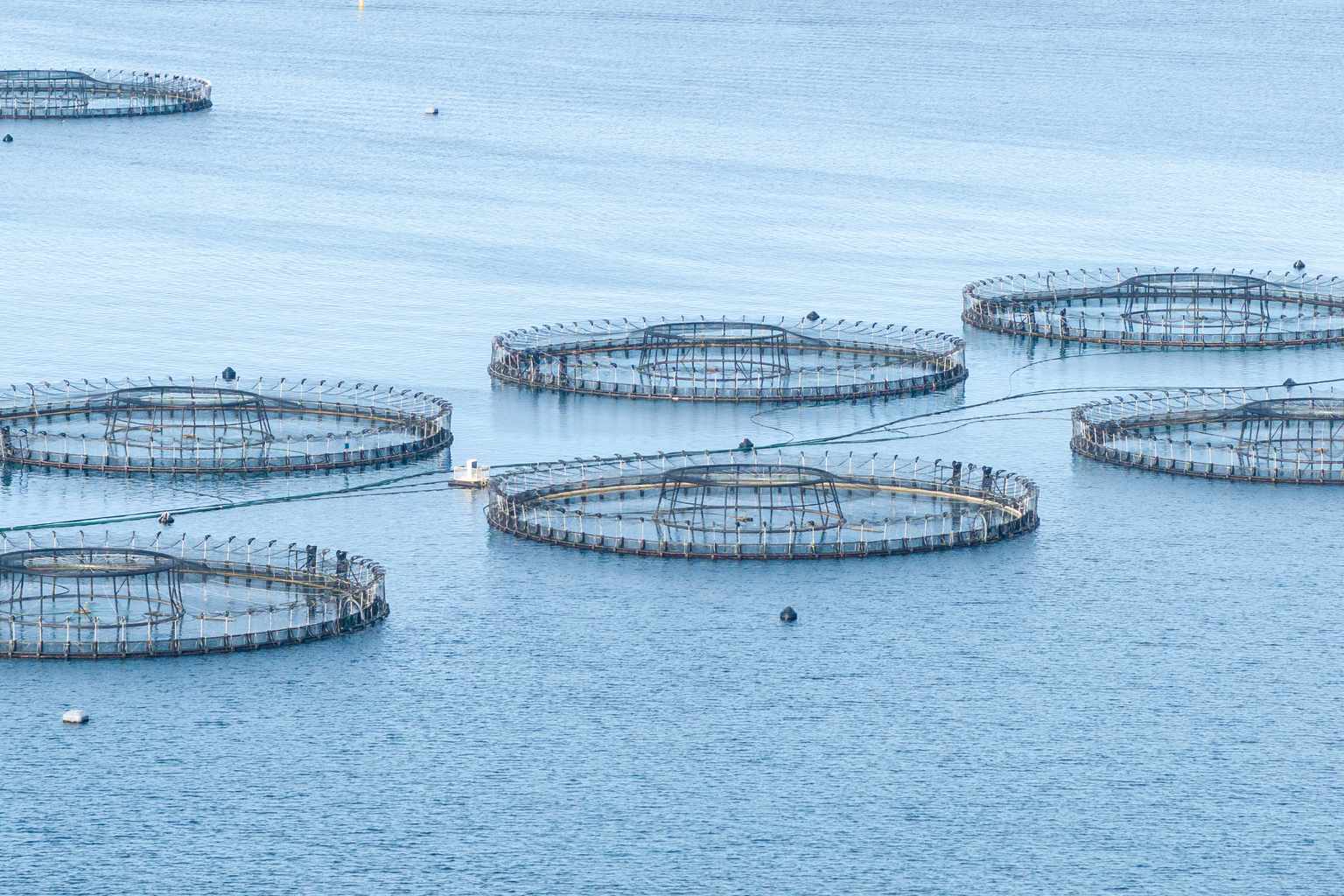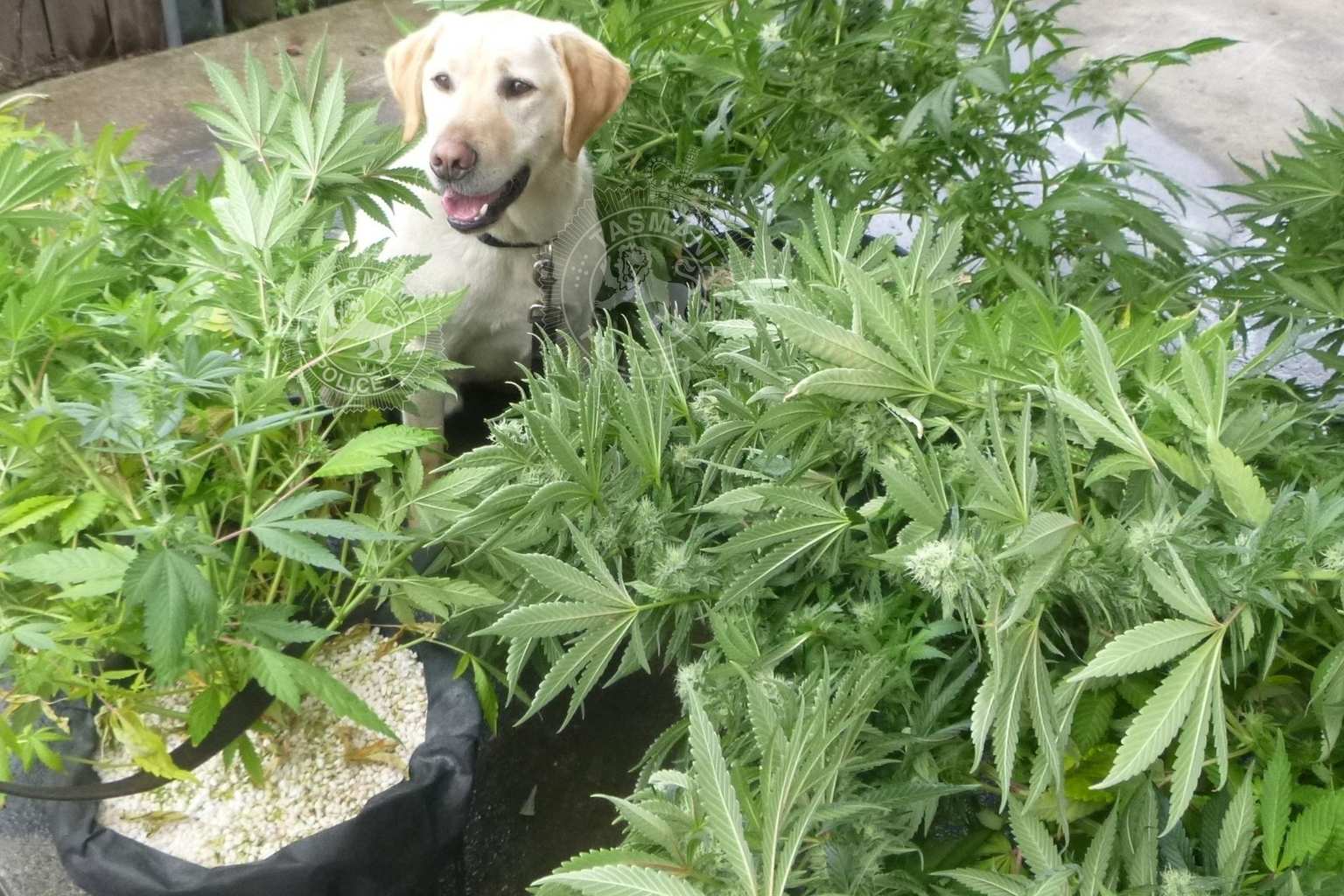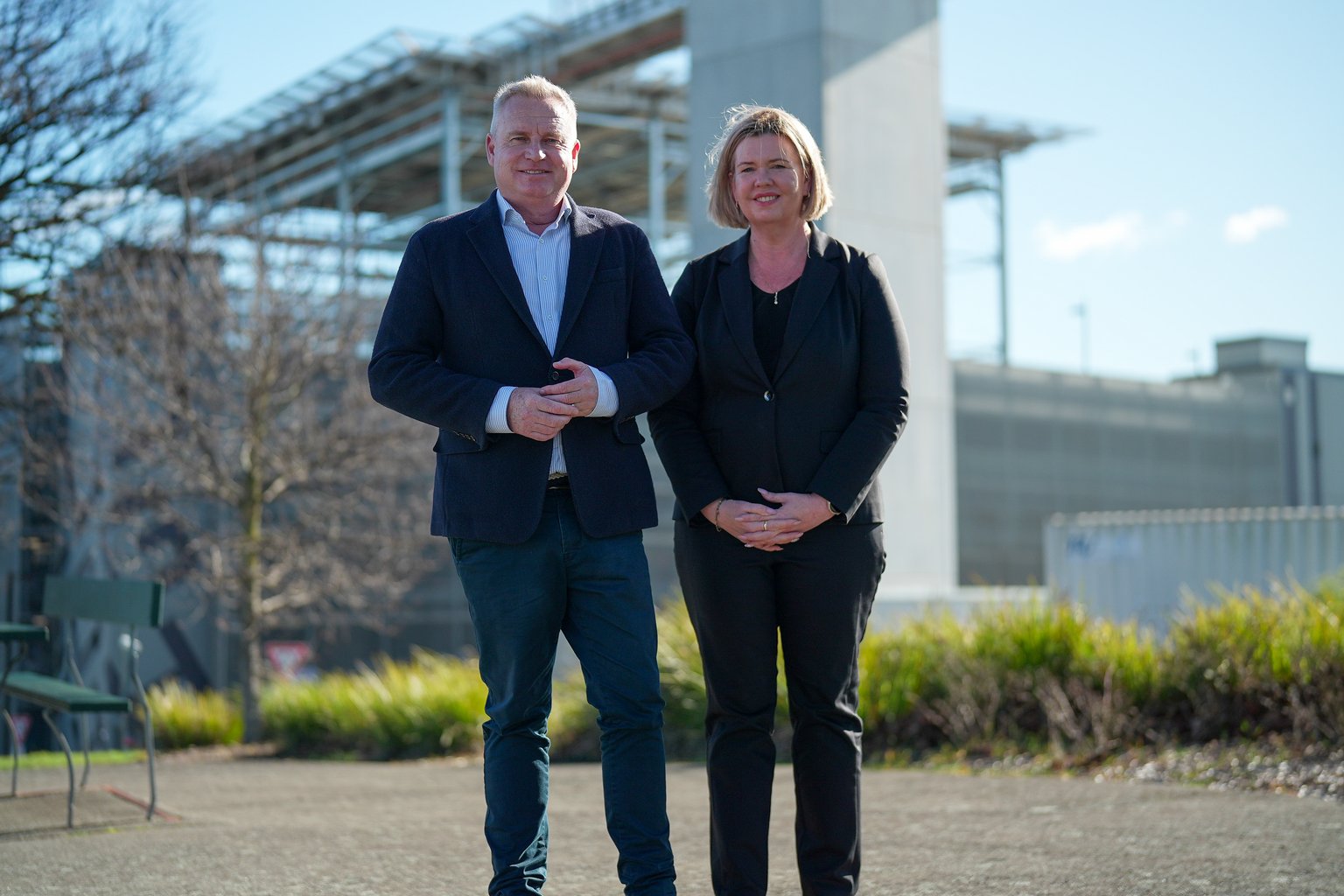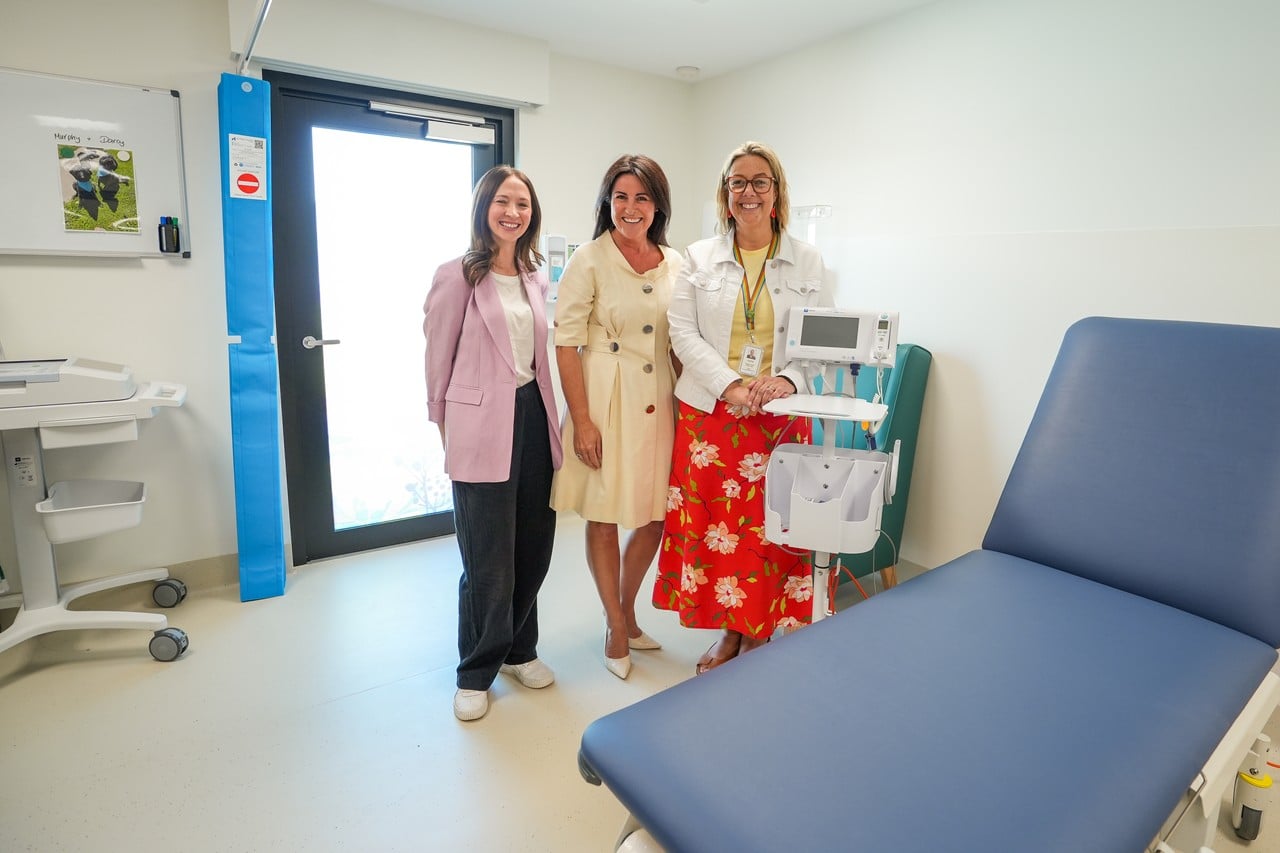Launceston’s City Park monkeys could disappear within two decades as the local council proposes ending future breeding within the Japanese macaque troop.
Gifted to the city by its Japanese sister city Ikeda in 1981, the monkeys have been a beloved feature of the CBD park for over 40 years.
But next week, councillors will vote on a recommendation from council officers to block breeding within the troop to prevent inbreeding.
Mayor Matthew Garwood said that since new monkeys with different genetic material cannot be imported into Australia, the council has no choice but to plan for the troop’s long-term care.

He said preventing reproduction would ultimately result in no Japanese macaques living in City Park twenty or so years from now.
“In 2000, it was identified that the troop carried the herpes B virus, which is common in macaque monkeys and the council of the day considered three future options for the troop as a result,” he said.

Those options were euthanasia, re-homing or moving to a new management model.
“At that time, the council made a decision to keep the macaques and to attempt to introduce new genetic stock,” he said. “However, this was ultimately unsuccessful.”
Garwood emphasised that the welfare of the troop remains the council’s top priority.
“We know community sentiment toward keeping animals in captivity has shifted a lot since 1981 and it’s now time we consider this issue with fresh eyes,” he said.
“As it’s not possible to introduce new genetics into the troop, we have to now instead consider how the City Park troop is managed into the future in a way that is caring and humane.”


